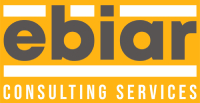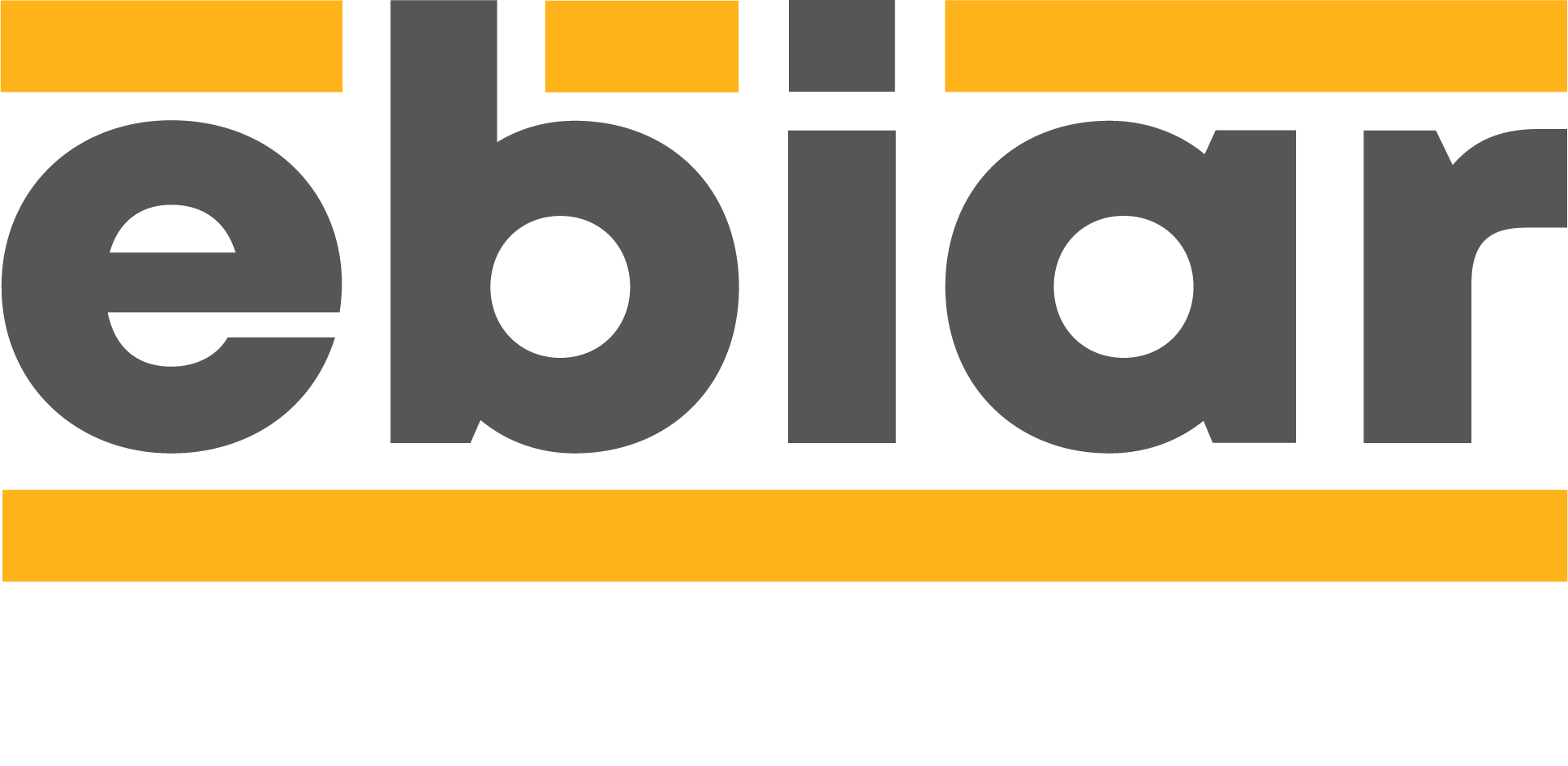
Introduction
In today’s rapidly evolving healthcare industry, healthcare consultancy services play a crucial role in driving positive change and ensuring optimal performance. From improving operational efficiency to enhancing patient care, these services provide invaluable expertise and guidance to healthcare organizations.
Healthcare consultancy services encompass a wide range of strategies and solutions designed to address the industry’s challenges and capitalize on its opportunities. According to recent data, the global healthcare consultancy market is projected to reach $44.9 billion by 2027, highlighting the increasing demand for specialized expertise in this field.
In this blog, we will delve into the strategies offered by healthcare consultancy services and explore their significance in overcoming the pain points faced by healthcare providers. We will examine how these services contribute to operational excellence, regulatory compliance, technology integration, and more. So let’s explore the world of healthcare consultancy and discover the transformative power it holds for the industry.
Assessment and Analysis
When it comes to healthcare consultancy services, assessment, and analysis are the foundation upon which effective strategies are built. These crucial steps involve thoroughly examining healthcare processes, systems, and needs to identify areas for improvement.
One of the key assessment methods employed by healthcare consultants is conducting needs assessments and gap analyses. For example, let’s consider a hospital that wants to enhance its patient satisfaction rates. A healthcare consultancy team would evaluate the current patient experience, analyze feedback and data, and identify gaps in areas such as communication, wait times, or quality of care.
Healthcare consultancy services encompass a wide range of strategies and solutions designed to address the industry’s challenges and capitalize on its opportunities. According to recent data, the global healthcare consultancy market is projected to reach $44.9 billion by 2027, highlighting the increasing demand for specialized expertise in this field.
In this blog, we will delve into the strategies offered by healthcare consultancy services and explore their significance in overcoming the pain points faced by healthcare providers. We will examine how these services contribute to operational excellence, regulatory compliance, technology integration, and more. So let’s explore the world of healthcare consultancy and discover the transformative power it holds for the industry.

Another essential aspect of assessment and analysis is analyzing healthcare processes and systems. Consultants would scrutinize workflows, resource allocation, and efficiency to pinpoint bottlenecks or areas of waste. They might use process mapping techniques to visually represent the steps involved in delivering healthcare services and identify areas where streamlining is needed.
With a comprehensive understanding of the current state of affairs, healthcare consultants can then identify opportunities for improvement and optimization. By examining data, benchmarking against industry standards, and utilizing their expertise, they can recommend targeted strategies to drive positive change and enhance overall performance.
In summary, assessment and analysis form the backbone of healthcare consultancy services. They enable consultants to identify the specific pain points faced by healthcare organizations and devise customized solutions to address them. Through thorough assessment and analysis, consultants can pave the way for successful interventions and measurable improvements in healthcare delivery.
1. Conducting Needs Assessments and Gap Analyses
One vital aspect of assessment and analysis in healthcare consultancy services is the process of conducting needs assessments and gap analyses. This strategic approach helps consultants identify the specific requirements of healthcare organizations and determine the gaps that need to be addressed.
Let’s consider a scenario where a healthcare facility aims to improve its patient satisfaction ratings. The healthcare consultancy team would begin by conducting a needs assessment, which involves gathering information about the facility’s current patient experience. They might collect data through surveys, interviews, or patient feedback platforms to understand the strengths and weaknesses of the existing system.
Next, the consultants would perform a gap analysis, comparing the current state of patient satisfaction with the desired state or industry benchmarks. By examining the gaps, they can identify areas that require improvement, such as enhancing communication between staff and patients, reducing wait times, or enhancing the quality of care provided.
Based on the findings from the needs assessment and gap analysis, the healthcare consultancy team can develop tailored strategies to bridge those gaps and improve patient satisfaction. These strategies may involve implementing communication training programs for staff, optimizing scheduling processes, or introducing technology solutions to enhance the overall patient experience.
By conducting thorough needs assessments and gap analyses, healthcare consultancy services can provide targeted solutions that address the specific challenges faced by healthcare organizations. This approach ensures that the strategies implemented are aligned with the unique needs of each client, resulting in tangible improvements and enhanced patient satisfaction.
2. Strategic Planning and Implementation

Effective strategic planning and implementation are vital components of healthcare consultancy services. These processes involve developing a clear roadmap and executing targeted actions to achieve the desired goals and objectives of healthcare organizations.
For instance, let’s imagine a healthcare facility that wants to expand its services and reach new patient populations. A healthcare consultancy team would engage in strategic planning by assessing the facility’s current capabilities, analyzing market trends, and identifying opportunities for growth. They might consider factors such as demographics, competition, and demand to develop a comprehensive plan.
Once the strategic plan is in place, the next step is implementation. This involves translating the strategic goals into actionable steps and timelines. The healthcare consultancy team would collaborate with the facility’s stakeholders, ensuring that everyone is aligned and committed to the plan. They would allocate resources, assign responsibilities, and establish performance metrics to track progress.
Throughout the implementation process, healthcare consultants provide guidance, monitor milestones, and make adjustments as needed. They may also offer expertise in change management, helping the organization navigate any challenges or resistance that arise during the execution of the strategic plan.
By utilizing strategic planning and implementation, healthcare consultancy services enable organizations to chart a clear path toward their goals. Whether it’s expanding services, improving patient outcomes, or increasing operational efficiency, these strategies ensure that healthcare providers can make informed decisions and execute effective actions to drive success.
Let’s consider a scenario where a healthcare facility aims to improve its patient satisfaction ratings. The healthcare consultancy team would begin by conducting a needs assessment, which involves gathering information about the facility’s current patient experience. They might collect data through surveys, interviews, or patient feedback platforms to understand the strengths and weaknesses of the existing system.
Next, the consultants would perform a gap analysis, comparing the current state of patient satisfaction with the desired state or industry benchmarks. By examining the gaps, they can identify areas that require improvement, such as enhancing communication between staff and patients, reducing wait times, or enhancing the quality of care provided.
Based on the findings from the needs assessment and gap analysis, the healthcare consultancy team can develop tailored strategies to bridge those gaps and improve patient satisfaction. These strategies may involve implementing communication training programs for staff, optimizing scheduling processes, or introducing technology solutions to enhance the overall patient experience.
By conducting thorough needs assessments and gap analyses, healthcare consultancy services can provide targeted solutions that address the specific challenges faced by healthcare organizations. This approach ensures that the strategies implemented are aligned with the unique needs of each client, resulting in tangible improvements and enhanced patient satisfaction.
3. Developing Strategic Plans and Roadmaps
In healthcare consultancy services, developing strategic plans and roadmaps is a crucial step toward achieving organizational goals. This process involves creating a comprehensive framework that outlines the direction and actions needed for success.
For example, let’s consider a healthcare organization aiming to improve patient safety. The healthcare consultancy team would work closely with the organization to analyze current practices, identify areas for improvement, and set specific safety goals. They would then develop a strategic plan that includes actionable steps, timelines, and performance indicators.
A roadmap is created to visualize the journey toward achieving those goals. It outlines the key milestones, identifies potential challenges, and establishes strategies to overcome them. The strategic plan and roadmap provide a clear guide for the organization, ensuring that efforts are aligned and progress is tracked effectively. By developing strategic plans and roadmaps, healthcare consultancy services help organizations navigate toward their desired outcomes.
For instance, let’s imagine a healthcare facility that wants to expand its services and reach new patient populations. A healthcare consultancy team would engage in strategic planning by assessing the facility’s current capabilities, analyzing market trends, and identifying opportunities for growth. They might consider factors such as demographics, competition, and demand to develop a comprehensive plan.
Once the strategic plan is in place, the next step is implementation. This involves translating the strategic goals into actionable steps and timelines. The healthcare consultancy team would collaborate with the facility’s stakeholders, ensuring that everyone is aligned and committed to the plan. They would allocate resources, assign responsibilities, and establish performance metrics to track progress.
Throughout the implementation process, healthcare consultants provide guidance, monitor milestones, and make adjustments as needed. They may also offer expertise in change management, helping the organization navigate any challenges or resistance that arise during the execution of the strategic plan.
By utilizing strategic planning and implementation, healthcare consultancy services enable organizations to chart a clear path toward their goals. Whether it’s expanding services, improving patient outcomes, or increasing operational efficiency, these strategies ensure that healthcare providers can make informed decisions and execute effective actions to drive success.
Let’s consider a scenario where a healthcare facility aims to improve its patient satisfaction ratings. The healthcare consultancy team would begin by conducting a needs assessment, which involves gathering information about the facility’s current patient experience. They might collect data through surveys, interviews, or patient feedback platforms to understand the strengths and weaknesses of the existing system.
Next, the consultants would perform a gap analysis, comparing the current state of patient satisfaction with the desired state or industry benchmarks. By examining the gaps, they can identify areas that require improvement, such as enhancing communication between staff and patients, reducing wait times, or enhancing the quality of care provided.
Based on the findings from the needs assessment and gap analysis, the healthcare consultancy team can develop tailored strategies to bridge those gaps and improve patient satisfaction. These strategies may involve implementing communication training programs for staff, optimizing scheduling processes, or introducing technology solutions to enhance the overall patient experience.
By conducting thorough needs assessments and gap analyses, healthcare consultancy services can provide targeted solutions that address the specific challenges faced by healthcare organizations. This approach ensures that the strategies implemented are aligned with the unique needs of each client, resulting in tangible improvements and enhanced patient satisfaction.
Financial and Operational Management
Financial and operational management is a critical aspect of healthcare consultancy services. It involves providing expertise and guidance to healthcare organizations to optimize their financial resources and operational processes.
For instance, let’s consider a hospital struggling with rising costs and decreasing revenues. The healthcare consultancy team would conduct a thorough financial analysis, examining budgeting, expenses, revenue streams, and financial planning. They might identify areas where costs can be reduced, such as streamlining supply chain processes or negotiating better contracts with vendors.
Operational management focuses on enhancing efficiency and effectiveness in delivering healthcare services. Consultants might analyze workflows, staffing patterns, and resource allocation to identify opportunities for improvement. They may recommend process redesign, technology integration, or performance metrics to track operational performance.
By addressing financial and operational challenges, healthcare consultancy services enable organizations to achieve financial stability and operational excellence, ultimately improving patient care and overall organizational success.
Regulatory compliance and risk management are vital components of healthcare consultancy services. These services help healthcare organizations navigate complex regulatory requirements and mitigate potential risks.
For example, let’s consider a healthcare facility that needs to ensure compliance with privacy laws and regulations, such as the Health Insurance Portability and Accountability Act (HIPAA). The healthcare consultancy team would assess the facility’s current practices, identify any gaps in compliance, and develop policies and procedures to meet regulatory standards.
Risk management involves identifying and mitigating potential risks that could impact the organization’s operations or reputation. Consultants might conduct risk assessments, implement risk mitigation strategies, and establish protocols for incident response.
By providing guidance on regulatory compliance and risk management, healthcare consultancy services help organizations maintain legal and ethical standards, protect patient privacy, and minimize potential risks. This ensures the delivery of high-quality care while safeguarding the organization’s reputation.
Conclusion
In conclusion, healthcare consultancy services offer a range of key strategies that are invaluable in driving positive change within the industry. Throughout this blog, we have explored the various facets of healthcare consultancy services, including assessment and analysis, strategic planning and implementation, financial and operational management, regulatory compliance, risk management, and more.
By conducting needs assessments, developing strategic plans, optimizing financial resources, ensuring regulatory compliance, and mitigating risks, healthcare consultancy services provide organizations with the expertise and guidance needed to navigate the complexities of the healthcare landscape. These strategies are tailored to address specific pain points and challenges faced by healthcare providers, ultimately leading to improved patient care, operational efficiency, and overall organizational success.
In summary, healthcare consultancy services play a pivotal role in transforming healthcare organizations and driving positive outcomes. By leveraging the expertise of consultants, healthcare providers can thrive in an ever-evolving industry and deliver exceptional care to their patients.
Frequently Asked Questions
A: The timeframe for implementing strategies recommended by healthcare consultancy services varies depending on the specific initiatives and organizational factors. It can range from a few months to a year or more, considering the complexity of the strategies and the readiness of the organization.
A: No, healthcare consultancy services cater to healthcare organizations of all sizes, including small clinics, private practices, and large healthcare systems. Consultants tailor their strategies and recommendations to meet the unique needs and resources of each organization.
A: Absolutely. Healthcare consultancy services often include patient-centered initiatives aimed at enhancing the overall patient experience and satisfaction. By analyzing patient feedback, implementing communication strategies, and improving service delivery processes, consultants can help healthcare organizations improve patient satisfaction levels.
A: Healthcare consultancy services employ various strategies to reduce healthcare costs, such as optimizing operational efficiency, improving revenue cycle management, and implementing lean methodologies. By identifying areas of waste, streamlining processes, and enhancing financial practices, consultants help healthcare organizations achieve cost savings while maintaining quality care.
A: Yes, healthcare consultancy services can provide guidance and support in implementing telehealth solutions. Consultants can assess the organization’s readiness for telehealth, recommend appropriate technologies, develop workflows, and provide training to healthcare professionals. Telehealth solutions enable remote patient consultations, improve access to care, and enhance healthcare delivery.
Malcolm Wright is the Founder and CEO of Ebiar Consulting Services– a global market entry advisory firm with deep business leadership experience and fresh, relevant perspectives on key global economies and cultural awareness. In fact, Malcolm recently completed Harvard Business School’s Leading Global Businesses program to advance his learning.
-
MALCOLM WRIGHThttps://ebiar.com/author/eirdemo/
-
MALCOLM WRIGHThttps://ebiar.com/author/eirdemo/
-
MALCOLM WRIGHThttps://ebiar.com/author/eirdemo/
-
MALCOLM WRIGHThttps://ebiar.com/author/eirdemo/



